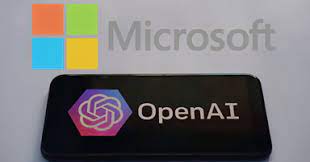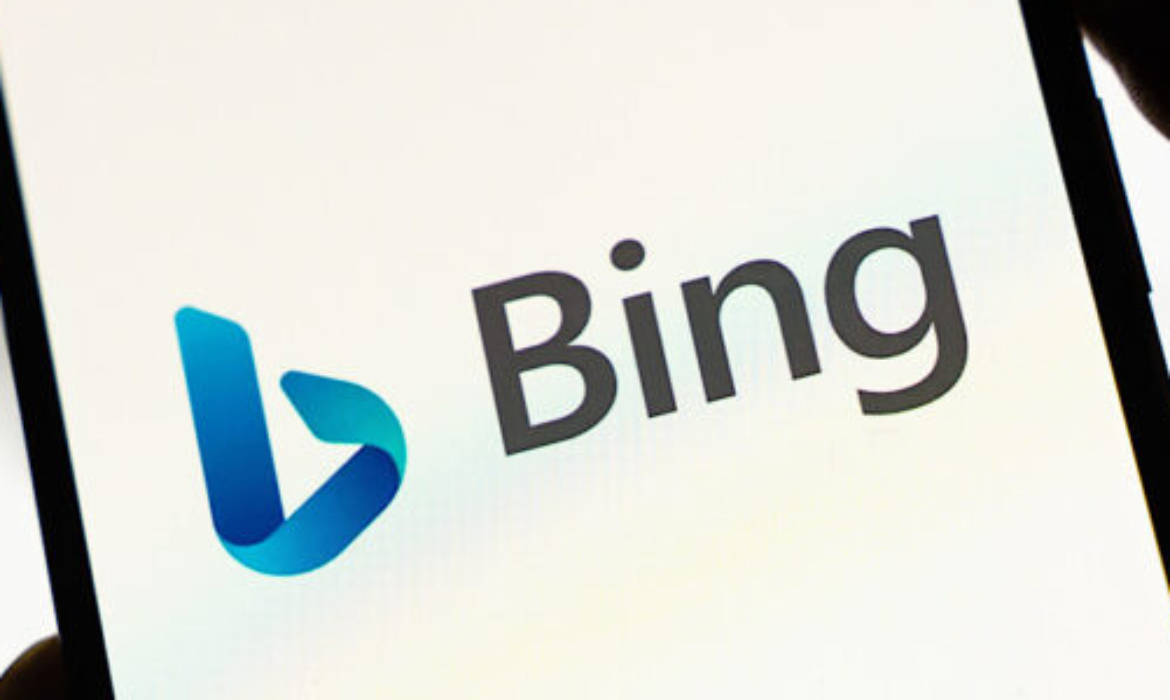How ChatGPT Can Enhance Browsing Experience with Bing
Introduction
ChatGPT, developed by OpenAI, is an advanced AI chatbot that has recently introduced a groundbreaking feature called “Browse with Bing.” This feature enables ChatGPT to browse the internet and provide source links, enhancing the browsing experience for users. Initially launched as a beta option exclusively for ChatGPT Plus subscribers, Browse with Bing was temporarily removed due to copyright concerns and content ownership issues. However, it has now been reintroduced with improvements and is available to both ChatGPT Plus and Enterprise users. In this article, we will explore how ChatGPT’s integration with Bing enhances the browsing experience and provides valuable information to users.
The Return of Browse with Bing
After being temporarily removed on July 3, 2023, the Browse with Bing feature has made a comeback in ChatGPT. OpenAI announced that the feature would be available to ChatGPT Plus and Enterprise users, ensuring a broader user base can benefit from this enhanced browsing experience. The Browse with Bing Beta feature can be found under the GPT-4 menu, and users can access it through the ChatGPT iPhone app. OpenAI has made significant efforts to address copyright concerns and content ownership issues, ensuring that the feature aligns with intellectual property rights.
Enhancing the Browsing Experience
ChatGPT’s integration with Bing significantly enhances the browsing experience for users. With the Browse with Bing feature, the AI-powered chatbot can not only search for information but also click into webpages to find the most helpful information and links. This feature allows users to obtain up-to-date and accurate information without having to leave the chat interface. Whether users need the latest news, product information, or answers to specific questions, ChatGPT can now provide source links directly within the conversation.
Source Links and Browsing Steps
One of the notable improvements in ChatGPT’s responses using Browse with Bing is the inclusion of source links. When providing information or answering a query, ChatGPT includes the source it used, allowing users to verify the information and delve deeper into the topic if desired. Additionally, users can review the browsing steps taken by Bing to find the relevant information. This transparency ensures that users have access to reliable sources and can evaluate the credibility of the information provided by ChatGPT.
The Importance of Intellectual Property Rights
OpenAI’s decision to temporarily remove the Browse with Bing feature highlights the company’s commitment to respecting intellectual property rights and copyright laws. By addressing copyright concerns and content ownership issues, OpenAI aims to ensure that the feature complies with legal requirements and respects the rights of content owners. This proactive approach demonstrates the company’s dedication to doing right by content owners and creating a sustainable and ethical browsing experience for users.
The Challenges of AI and Copyright Laws
The reintroduction of Browse with Bing in ChatGPT raises important questions about the intersection of AI and copyright laws. AI-powered chatbots like ChatGPT have the potential to revolutionize the way we access information, but they must navigate complex legal frameworks to avoid copyright infringement. OpenAI’s decision to remove the feature temporarily and then reintroduce it with improvements showcases the company’s commitment to finding the right balance between innovation and legal compliance. As AI technology continues to advance, it is crucial for developers and users to understand and respect intellectual property rights.
Future Developments and User Experience
While the Browse with Bing feature is currently available for ChatGPT Plus and Enterprise users, there is anticipation that it will be rolled out to all users in the near future. OpenAI is continually working on improving the feature and addressing any issues that may arise. As ChatGPT evolves, it is expected to provide an even more seamless and comprehensive browsing experience, with the integration of additional search engines and enhancements to the user interface. These developments will further empower users to access accurate and reliable information within the ChatGPT environment.
The Impact on User Industries
The reintroduction of Browse with Bing in ChatGPT has implications for various industries. Content creators and publishers can benefit from the feature as it provides an opportunity to showcase their content and drive traffic to their websites. Additionally, businesses can leverage ChatGPT’s enhanced browsing capabilities to provide better customer support and offer personalized recommendations. The integration of AI and browsing opens up new avenues for innovation and collaboration between AI technology providers and industries across the board.
The Ethical Considerations
As AI technology evolves and AI-powered chatbots like ChatGPT become more sophisticated, it is crucial to address ethical considerations. OpenAI has demonstrated its commitment to ethical practices by temporarily removing the Browse with Bing feature to resolve copyright concerns. However, ongoing discussions and collaborations among AI developers, legal experts, and content creators are essential to ensure that AI technology respects intellectual property rights and operates within ethical boundaries.
Conclusion
The reintroduction of the Browse with Bing feature in ChatGPT marks a significant milestone in the evolution of AI-powered chatbots and their browsing capabilities. OpenAI’s commitment to respecting intellectual property rights and addressing copyright concerns demonstrates the company’s dedication to providing a sustainable and ethical browsing experience. As ChatGPT continues to evolve, users can expect further improvements and enhancements to the browsing experience, empowering them with accurate and reliable information within the chat interface. With the integration of AI and browsing, the future looks promising for seamless and comprehensive access to information.




